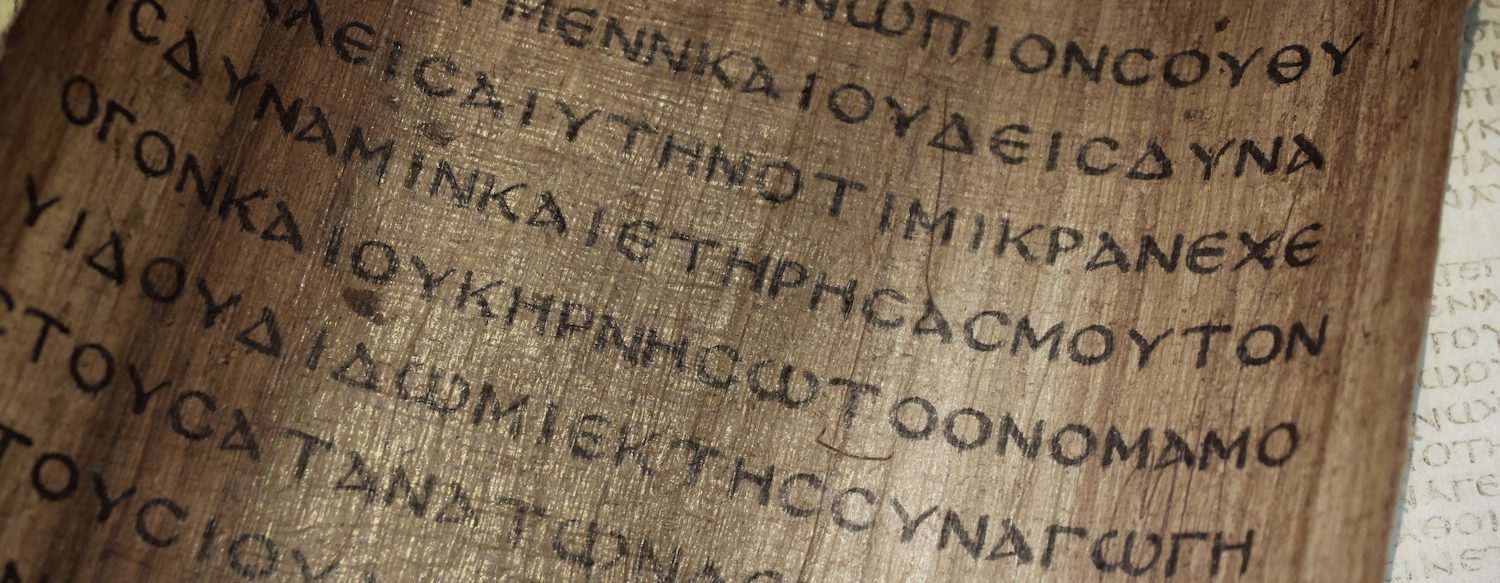Greek
The oldest language in Europe
With 4.000 years on its back the Greek language is probably the oldest in Europe and Greek words constitute a large part of the vocabulary of any Indo-European language. Much of the scientific language utilizes Greek words and phrases. Today, Greek is spoken by approximately 14 to 17 million people, mainly in Greece and Cyprus but also by immigrant communities in other countries.
The Greek spoken today evolved out of two 'types' of Greek: 'Dimotiki' or Demotic Greek comprises various regional varieties of Greek with minor linguistic differences. Demotic Greek evolved slowly out of its' classical roots and already before the 11th century Dimotiki was the vernacular language of the Byzantine Greeks.
In the late 19th century, at the foundation of the modern Greek state, a semi-artificial sociolect was promoted as a compromise between the 'pure' Classical Greek and modern Demotic which of course had been influenced over the years by other languages. 'Katharévousa', as it was called, was the official language of modern Greece until 1976. While Demotic Greek contains words from Turkish, Italian, Latin, and other languages, these have for the most part been expurgated from Katharévousa.
Today, a standardised variety of Demotic Greek is the official language of the Hellenic Republic. (Referred to as 'Standard Modern Greek'). In Crete the Venetian and later the Turkish occupations through centuries have influenced the language spoken here. In general the people of Crete utilize the Standard Modern Greek language but the spoken Greek in Crete is a distinct dialect. There are differences in the way certain consonants are pronounced and some words are different from the ones used in mainland Greece.

